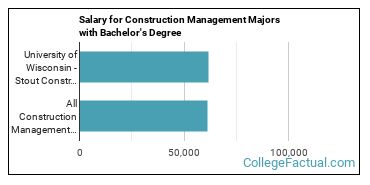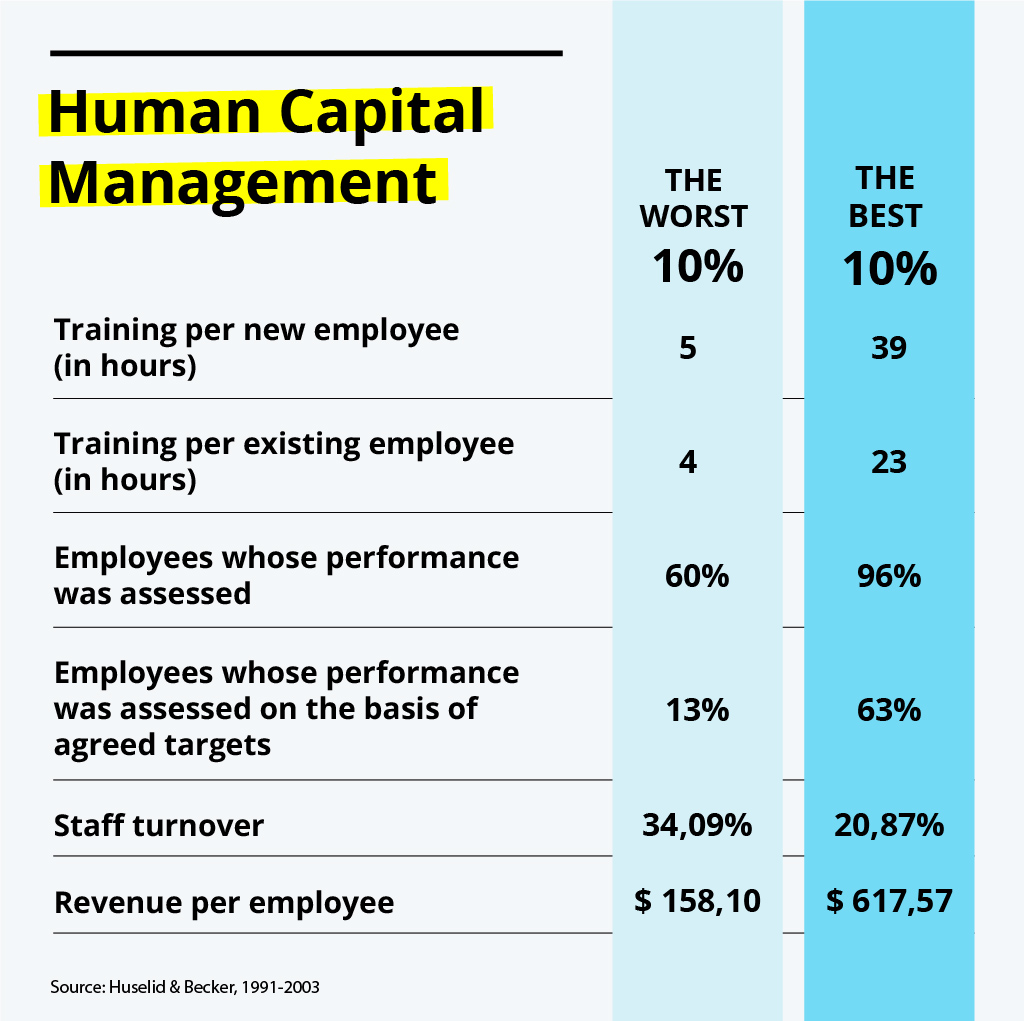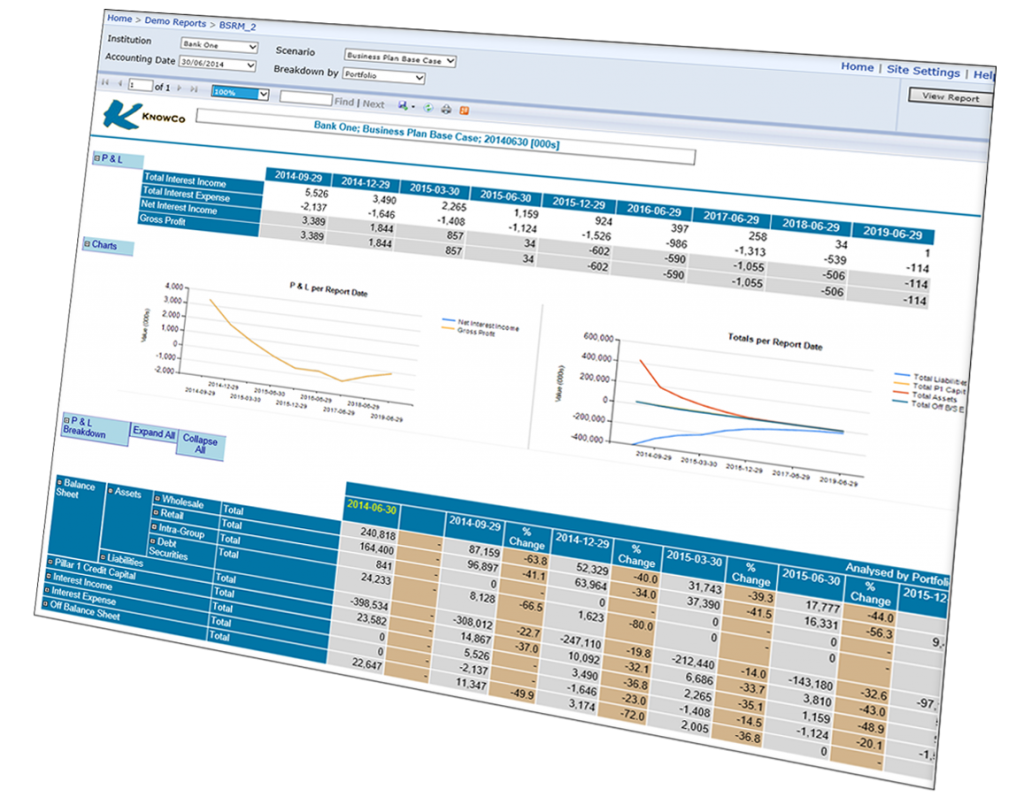
As a human resources specialist, you'll have a wide variety of responsibilities, which means you need to be able to work with many different types of people. You will need to interact with both senior executives and employees at all levels. You'll need to be attentive to detail and have the ability to track large amounts of information. This is because you will have to make decisions every day, and evaluate multiple options.
Human resources specialists are responsible for the job duties
Human resources specialists are often called upon to provide support and advice to the management of an organization. These specialists also help resolve issues related to employee relations, FMLA cases, and workers' compensation. The human resources specialist is responsible for applicant tracking and new hire paperwork. They also ensure that all documentation is current and accurate. This job role requires exceptional communication skills. Other duties of a human resources specialist may include maintaining employee records and databases, preparing and presenting reports, and assisting with the preparation of a company's budget.
Human resources specialists need to be knowledgeable in labor law and capable of making recommendations about the best ways to run an organisation. They must also have a good understanding of all company policies to ensure that they are implemented. They respond to employees' concerns and give advice on how to attract and retain the best employees. They also prepare orientation materials for new hires and keep records of all HR paperwork.

What are the requirements to be a human resource specialist?
There are a few requirements to become an HR specialist. An undergraduate degree will give you the foundation knowledge necessary to succeed in this field. However, an MBA program that focuses on human resources will give more detailed skills and knowledge. MBA graduates are more desirable by employers, as they have the ability to think critically and have a solid business background. An MBA degree will allow you to work in any industry, and it will also help you get more knowledge and experience in that field.
For you to become a competent Human Resources Specialist, your interpersonal and communication skills are essential. To offer the best possible service, you must be able hear employees, job applicants, as well as other stakeholders. You should also be able and able to resolve conflicts and other disputes.
Career options for a human resource specialist
For a human resource specialist, there are many career options. These include recruiting, compliance, engagements, diversity and inclusive, leave of absences, payroll and recruitment. Choosing the right one will depend on what interests you. Understanding the opportunities available in this field will allow you to choose the right path for your future.
Working in HR can lead to a career as a human resources professional. Many HR specialists are generalists. They have broad responsibilities that are vital for a company's operations. Higher-ranking companies may hire HR specialists to specialize in one area, such labor relations.

A Human Resources Specialist will generally act as an intermediary between employees & management. They will handle grievances of employees, negotiate contracts and get new recruits up-to-speed.
FAQ
What is the difference in Six Sigma and TQM?
The main difference in these two quality management tools lies in the fact that six sigma is focused on eliminating defects and total quality management (TQM), emphasizes improving processes and reducing costs.
Six Sigma is an approach for continuous improvement. This method emphasizes eliminating defects using statistical methods such p-charts, control charts, and Pareto analysis.
This method seeks to decrease variation in product output. This is accomplished by identifying the root cause of problems and fixing them.
Total quality management refers to the monitoring and measurement of all aspects in an organization. It also includes training employees to improve performance.
It is often used to increase productivity.
What kind of people use Six Sigma
Six Sigma is well-known to those who have worked in operations research and statistics. Anyone involved in business can benefit.
It is a commitment-intensive task that requires strong leadership skills.
What is Kaizen and how can it help you?
Kaizen refers to a Japanese term that stands for "continuous improvements." It is a philosophy which encourages employees in continuously improving their work environment.
Kaizen is founded on the belief of everyone being able to do their job well.
What is Six Sigma?
It's a strategy for quality improvement that emphasizes customer care and continuous learning. The goal is to eradicate defects through statistical techniques.
Six Sigma was developed at Motorola in 1986 as part of its efforts to improve manufacturing processes.
It was quickly adopted by the industry and many companies are now using six-sigma to improve product design, production, delivery, customer service, and product design.
Statistics
- The BLS says that financial services jobs like banking are expected to grow 4% by 2030, about as fast as the national average. (wgu.edu)
- The profession is expected to grow 7% by 2028, a bit faster than the national average. (wgu.edu)
- Your choice in Step 5 may very likely be the same or similar to the alternative you placed at the top of your list at the end of Step 4. (umassd.edu)
- The average salary for financial advisors in 2021 is around $60,000 per year, with the top 10% of the profession making more than $111,000 per year. (wgu.edu)
- As of 2020, personal bankers or tellers make an average of $32,620 per year, according to the BLS. (wgu.edu)
External Links
How To
How do you use the 5S in your office?
A well-organized workspace will make it easier to work efficiently. A clean desk, a neat room, and a well-organized space are all key factors in ensuring everyone is productive. The five S’s (Sort. Shine. Sweep. Separate. and Store) all work together to ensure that every inch is utilized efficiently and effectively. This session will take you through each step and show you how they can fit into any environment.
-
Sort. Don't waste your time looking for things you already know are there. You need to put your things where you use them the most. If you frequently refer back to something, put it near the place where you look up information or do research. You should also consider whether you really need to keep something around -- if it doesn't serve a useful function, get rid of it!
-
Shine. Do not keep anything that could possibly cause damage or injury to others. Find a safe way to store pens that you don't want anyone else to see. A pen holder is a great investment as you won't lose your pens.
-
Sweep. Clean off surfaces regularly to prevent dirt from building up on your furniture and other items. You may want to invest in some dusting equipment to ensure that all surfaces are as clean as possible. To keep your workstation neat, you can reserve a certain area for dusting or sweeping.
-
Separate. You will save time when disposing of trash by separating it into separate bins. Trash cans are usually placed strategically throughout the office so that you can easily throw out the garbage without searching for it. Place trash bags next to each trash can to take advantage of the location.